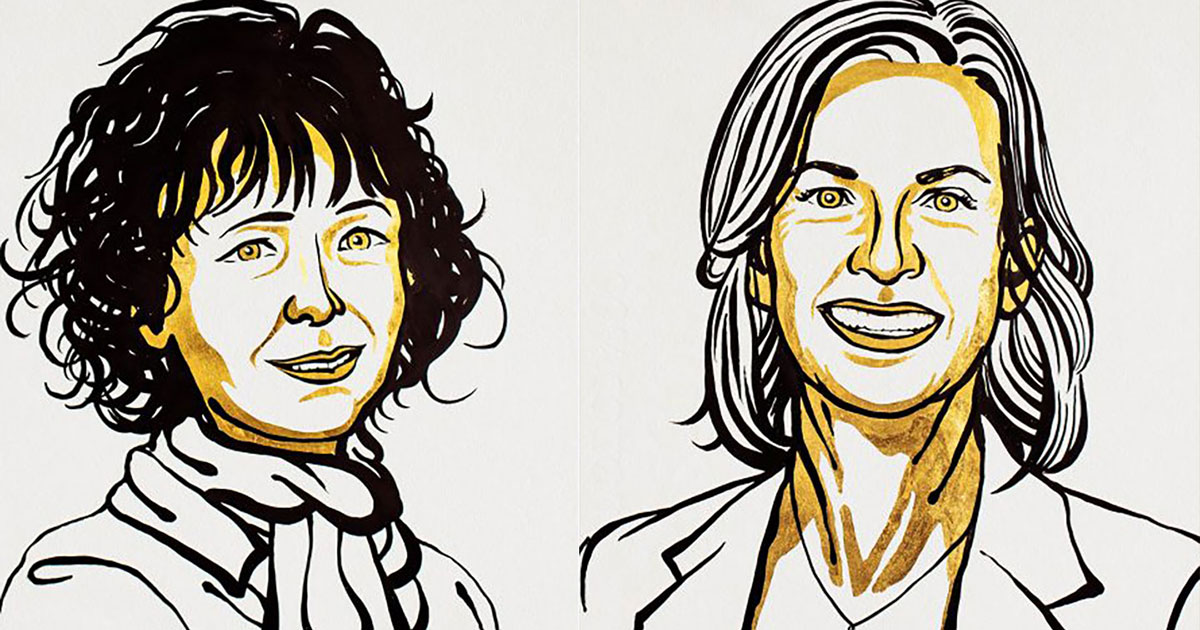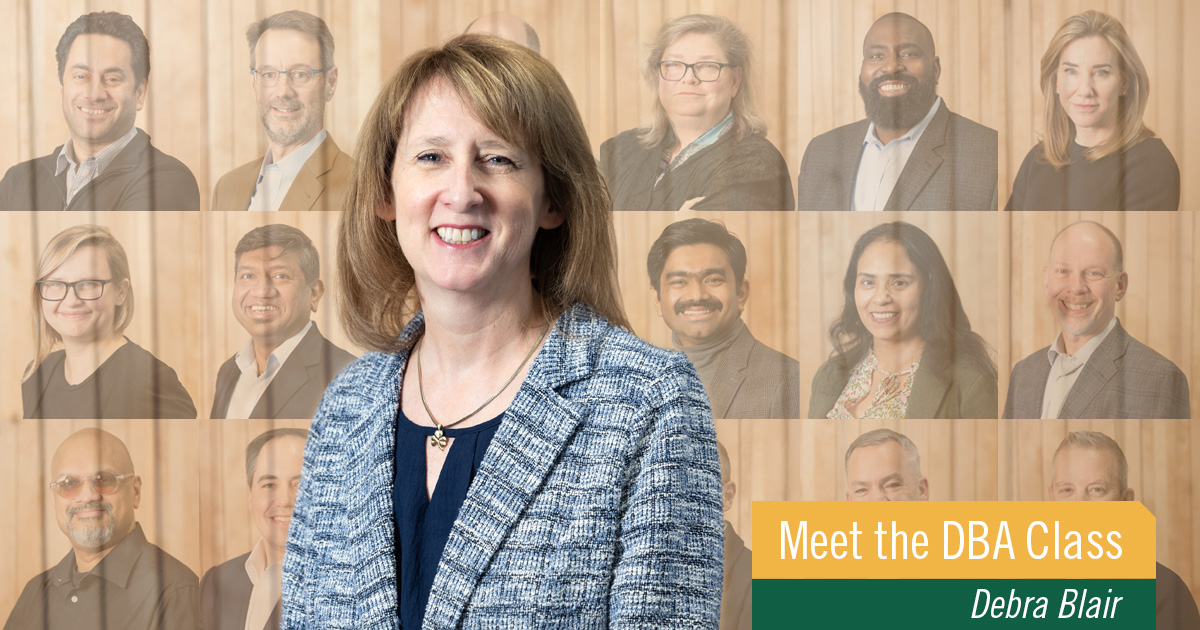‘Quantum Leap’: Nobel-Winning Scientists Advance Women’s Leadership

Call it a “remember when” moment.
Earlier this month, Emmanuelle Charpentier and Jennifer Doudna were honored as the first pair of women scientists to win the Nobel Prize after discovering the CRISPR/Cas9 genetic scissors, which allows researchers to change DNA with high precision and opens the door to potentially curing inherited diseases.
Like other monumental firsts in women’s history, this achievement in chemistry is one that won’t soon be forgotten, says Susan Duffy, executive director of Babson’s Center for Women’s Entrepreneurial Leadership, and Smaiyra Million P’21, director of the Diana International Research Institute and the Butler Institute for Free Enterprise through Entrepreneurship.
“It’s one of many examples that shows all identities can achieve the greatest heights of success,” Duffy said. “The more we see a broader image of what success looks like, the more inspired we all are to know that it can be us, too.”
“You have to see it to know that you can be it,” Million added. “As a leader, and someone who has not had as many female role models, it’s a quantum leap forward.”
Innovation Requires Diversity
An inspirational moment such as this, Duffy says, is so powerful because it can influence women to pursue future careers in men-dominated fields.
“I’d be more likely to try a class in a technology or science field when I see other people doing it,” Duffy said.
In an interview with the BBC, Charpentier echoed much of the same sentiment.
“I wish that this will provide a positive message specifically for young girls who would like to follow the path of science,” she said, …“and to show them that women in science can also have an impact with the research they are performing.”
Despite this milestone, now is not the time to sit back, as more work remains to fully reach equality in science. According to the National Science Foundation, women still earn less than 20% of the degrees awarded in engineering and computer sciences. At the same time, Asian American women earn 5%, LatinX earn 3.8%, and Black women earn 2.9% of STEM degrees.
“We’re all looking for growth. Growth requires innovation. Innovation requires diversity of thought. Diversity of thought requires different perspectives, different life experiences,” Duffy said. “To bring those to the table, we need inclusive leaders who can capture and get that out of everyone.”
“Different viewpoints bring a different level of tenor on any conversation,” Million added.
Breaking Down Biases
Entrepreneurial leaders know the importance and value of including a multitude of voices and opinions. Duffy and Million say understanding your own implicit bias is the most imperative action one can take to contribute to greater diversity in leadership.
“Everyone has a circle of influence,” Million said. “We’re surrounding ourselves with people who look like us, act like us, talk like us, because we’re comfortable that way. What you can start to do is be cognizant that your pipeline is a reflection of yourself. You need to be intentional about changing that.”
“We’re all looking for growth. Growth requires innovation. Innovation requires diversity of thought. Diversity of thought requires different perspectives, different life experiences.”
Susan Duffy, executive director of the Center for Women’s Entrepreneurial Leadership
That’s where Charpentier and Doudna come in.
“(This turning point) puts it in the day-to-day common vernacular. Now people can point to it, they can say it happened on this day. … It becomes part of you,” Million said. “It’s important that it’s woven into the fabric of who we are as a society.”




